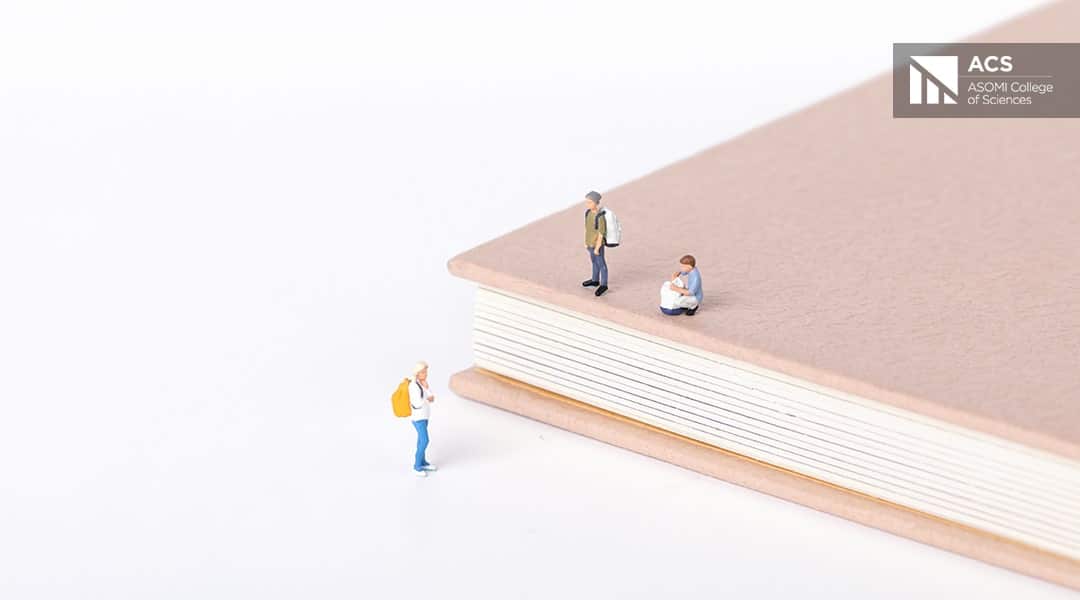More about challenges in higher education
Whether it is about welfare states or not, the values that currently matter the most are established by the knowledge-based society in which education plays a role in fulfilling people’s personal goals while not paying enough attention to collective wellbeing.
The reasons for the crises
The reasons for these crises are rooted in social and economic inequalities and the birth of several systems that have reduced individuals’ decision-making power. While in democratic countries, citizens often have lost belief in the fact that things can be changed, and they see politicians and decision-making as something distant and thus not influenceable by them.
Moreover, we live in a knowledge society in which our society is highly dependent on knowledge-based operations rather than the well-being of the community. Currently, multiple individual bits of intelligence are oriented on making profit only for themselves instead of collaborating with others to boost prosperity for everyone.
Why should education be remodeled
Therefore, education should be re-thought and, in some cases, also re-taught, to orient it towards the improvement of common values. Once, the goal of education was to form a perfect citizenry where everyone had an education. Then, the focus was on ensuring that the citizens were well-trained and then again it shifted to the capacity of critical analysis. Today it is about creativity: mainly because we live in a world that is rapidly changing and which is constantly looking for a brand-new thing with a high impact rather than concentrating on what is or might require time for some discovery and/or research. Therefore, concepts like lifelong learning and constant coaching, and amelioration of one’s skills are now on the agenda of what we call modern education.
Creativity as such is per se not wrong, but what reveals from this situation is that while people are put more and more under pressure by the factors caused by the abovementioned crises, they are enforced to be as creative as possible to be able to keep up with the increasing rhythms and changes of our society. This phenomenon, of course, causes education to be extremely career-oriented and it leads to an individualistic mindset in which education is employed to make people work one against another instead of collaborating.

Education for Sustainable Development
This is why Education for Sustainable Development has emerged. Education for Sustainable Development aims to create noble minds who use their knowledge to enrich society to bring prosperity to everyone. It aims to create a lasting human development, and it does it by following several principles such as taking voluntary action, believing in the equality of all humans, assuming collective responsibility through collaborations, being aware of the challenges and problems that must be faced. This mindset is usually born out of critical thinking combined to bring about a social change to ameliorate the current situation in the entire world.
Education for Sustainable Development has its five pillars which, besides learning to transform oneself and the society are: learning to be, to live together, to do, and to know. Moreover, this does not mean that the individual interests have to be put aside, in fact, Education for Sustainable Development aims to set up a dialogue between individual and common interests, and between territorial and global factors.
Changes that have to be made in the educational field
Therefore, if we are willing to change the educational panorama, some major changes have to be made. Especially, currently, education has to face two main challenges: one is an adaptation to social and economic needs. This foresees also including information and communication technologies as an integrative part of teaching and learning methods. The second one is the international cooperation between institutions, whether private or public, that should become interdependent while praising the principles of solidarity and co-responsibility for the prosperity of the entire planet.
ASOMI College of Sciences has all these values at heart and is opened to ameliorate society through education. ACS maintains that education should not only be adopted for personal fulfillment but also for common purposes such as ameliorating and fighting for the well-being of the entire world.




